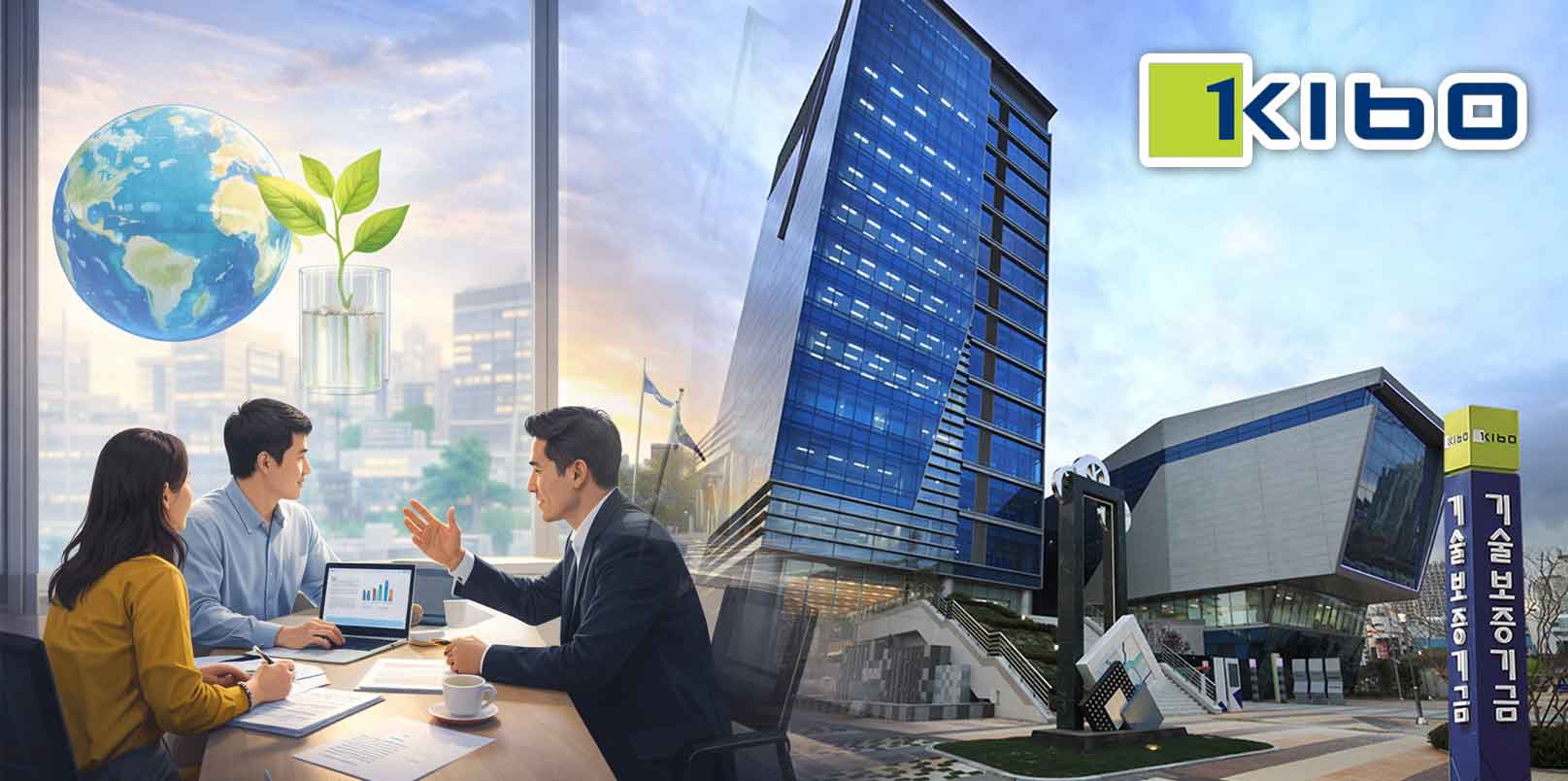With the world facing depleting natural resources, more and more businesses are evolving to produce and use sustainable, recyclable products. The need for alternate, recyclable material in the leather industry is also trending. Korean startup ATKO planning has developed eco-friendly leather that can be used in garments, footwear, furniture and décor.
The startup produces environmentally friendly materials like ATKO LB, ATKO Leather, and PO. ATKO CEO G. On Kim aims for the company to achieve the dream of being a green company and exporting green products while adding value to its waste.
Manufacturing of recycled leather related products
From its start in 2006, ATKO Planning has produced exceptional green products such as ATKO Leather, ATKO Leather Suede, ATKO Leather Yarn, ATKO Leather Textile, Etc. ATKO’s manufacturing process follows the premise that discarded natural leather still has a usable area of 60~70% of the leather’s surface, leading to the consumer, animals, and the environment at large to suffer huge losses. ATKO leather can maximize the benefits for customers as there is almost no loss compared to natural leather.
ATKO’s manufacturing processes are designed to eliminate water use, hazardous materials, and toxic substances. The process begins at approved leather tannery companies where ATKO recovers usable raw materials from industrial waste like cow leather scrap. The usable raw materials are then recycled by the company and processed to make leather fabric or leather yarn. The textile machine produces recycled suede, known as ATKO leather. The leather can make handbags and other clothing accessories. ATKO leather can be customized into various colors, embossings, sides, textures, and softness based on its needs. The leather is an eco-friendly substitute for existing leathers. It can be used to make a wide variety of clothing and other accessories such as bags, footwear, car seats, interior, furniture, etc.
R&D strategy
ATKO’s R&D strategy is geared towards developing the world’s best natural regenerated leather through continuous development and establish itself as a leader in the recycling leather industry. The startup has adopted a continuous R&D strategy, headed by the company CEO G On Kim and professionals from the field to find new innovative leather products in various fields.
ATKO’s research field mainly involves developing physical properties of new materials, testing them, applying them in their eco-friendly products, and securing their new material technology through patents. ATKO uses RSL testing, which involves putting new materials under a wide range of laboratory tests to ascertain the substances that make up the material. These tests are vital in writing a report on new products and seeking certification to show that new products are compliant. Some RSL tests the company takes include FITI’s auto row material test, BLC’s environmental substance test, GRS’s Global Recycle standard test, and Intertek’s Eco-Textile tests.
Expansion plans
ATKO believes that the use of recycled products is limitless in today’s market. As such, it’s extensive research of new materials and their applications in different fields. The company has already secured significant patents to ensure its new products’ safety includes the dry production method of recycled leather and the hybrid method of leather patents. The startup has already made significant partnerships to aid its R&D strategy and certification of its new products. Some of these partners include KTDI, KEIT, KIFLT, TIPA, KOTERI, and many more.
ATKO’s sustainable business structure is also another critical strength for the company. Korea alone produces more than 400 000 tons of waste scrap per year, the startup’s primary raw material. Its unique technology allows it to manufacture eco-friendly products without wasting water and additional resources. Atko’s products made according to the dry eco-friendly method will be explosively used as the demand of companies for eco-friendly products increases. Don’t be surprised if ATKO planning becomes our next unicorn.
Read more about Korean startups contributing to environment conservation,






